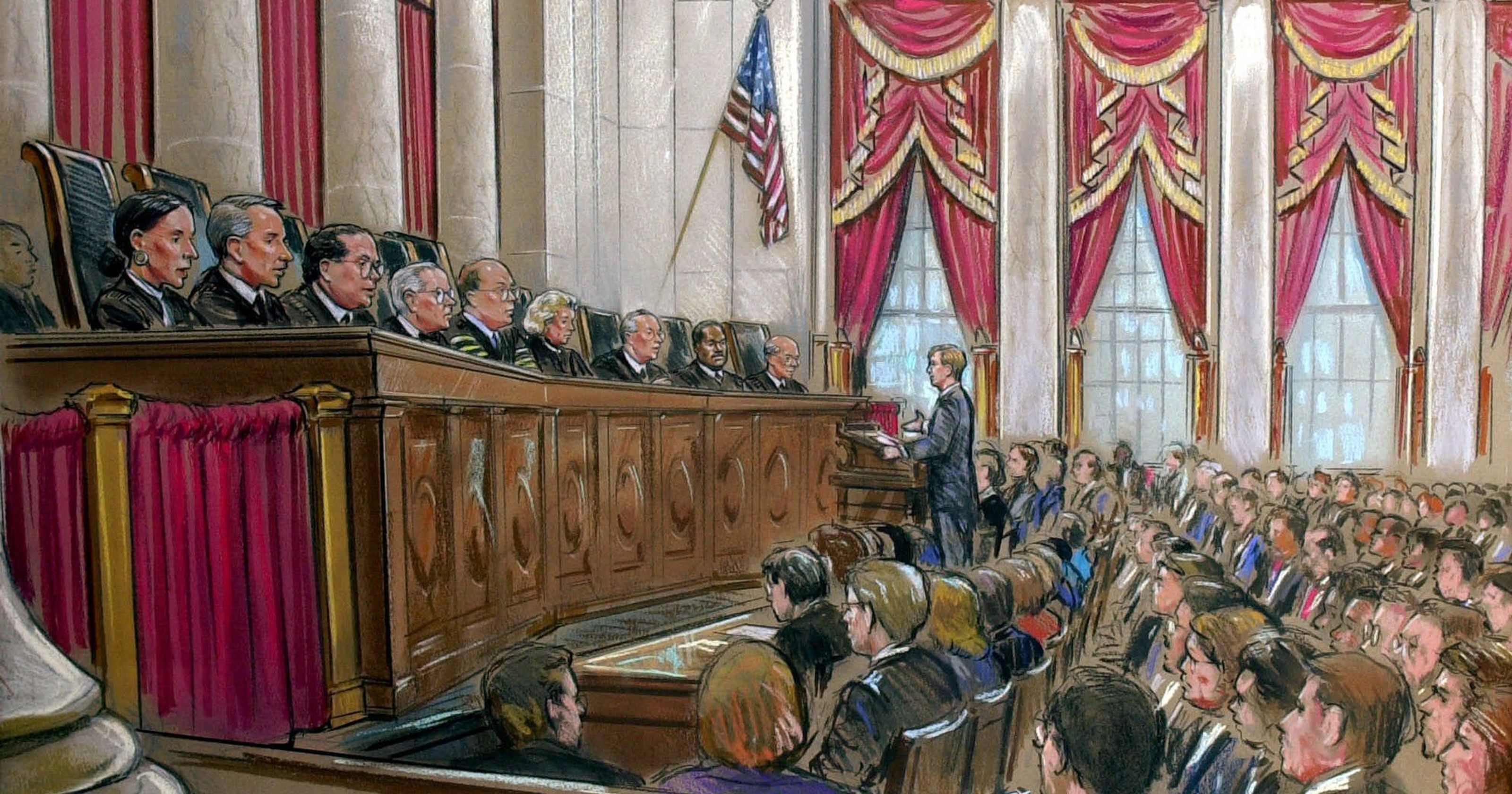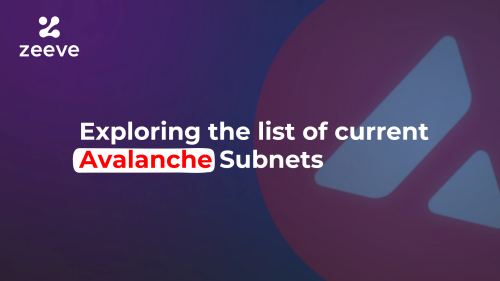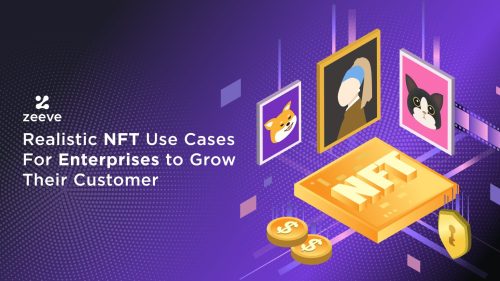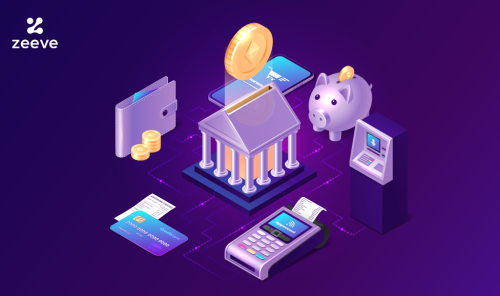GBA Launches Certified Blockchain Specialist Course for Legislators, Policy Makers, and the Legal Community

Supreme Court Decision
The Government Blockchain Association is launching a Certified Blockchain Specialist Course for Legislators, Policy Makers, and the Legal Community.
This course satisfies all of the requirements for the GBA Specialist Certification. However, the course focuses on legal and legislative policies, issues and use cases.
Many authors, writers, and speakers at conferences describe blockchain as transformative. But what does that mean? This course will address the impact of this technology on our regulations, laws, legal frameworks, institutions and society.
Blockchain was first introduced via the Bitcoin Whitepaper. Soon after that other cryptocurrencies and use cases exploded into existence. These new forms of transactions and business processes have never been seen before. The concept of decentralized governance of a currency involving hundreds of billions of dollars in transactions without anyone in control was revolutionary. The idea that anyone could mint their own currency or create tokens that could be used globally and anonymously did not fit the existing legal and regulatory models.
This new “capability” allows retail banks to execute cross-border payments in seconds, without central banks and at lower costs. It allows for monetary transactions to exist outside of banking systems used by governments to monitor and influence economic activity. It erodes governments ability to control capital flight and potentially impacts every type of value transaction in society.
Are our current laws, rules, and systems adequate to manage this “transformational” technology? Attend this three-day course to understand blockchain and the impact it will have on virtually every aspect of our legal, regulatory and governance systems.
To find out more about the GBA Specialist Certification program or to see the schedule of training events go to the GBA Training Calendar.






Responses